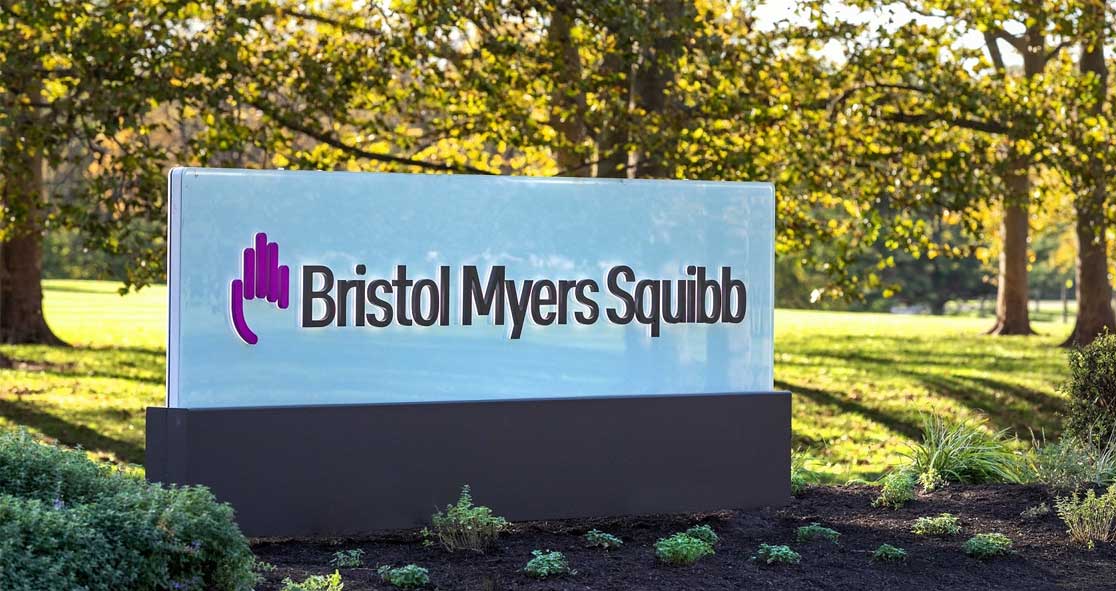For the first time in almost a decade, the U.S. Food and Drug Administration (FDA) has approved relatlimab, a new type of checkpoint inhibitor, to treat certain patients with cancer, according to Endpoints News.
Relatlimab, developed by Bristol Myers Squibb, has been approved for patients with melanoma or metastatic melanoma that cannot be treated with surgery. The drug is given in combination with nivolumab (Opdivo), a PD-1 inhibitor also developed by Bristol Myers Squibb.
Opdualag, a combination of relatlimab and nivolumab, is an antibody treatment that will cost $27,389 per infusion. A Bristol Myers Squibb spokesperson said the price is in line with other combination therapies for metastatic melanoma.
Melanoma is a form of skin cancer that begins in the cells (melanocytes) that control the pigment in your skin, according to Mayo Clinic.
Relatlimab is a checkpoint inhibitor just like immunotherapies such as Yervoy (ipilimumab) and Keytruda (pembrolizumab), but it goes after a new target on T cells, known as Lag-3.
In randomized trials, patients who received the combination of relatlimab and nivolumab went a median of more than 10 months before their cancers progressed compared to 4.6 months for those who received nivolumab alone.
Relatlimab showed comparatively fewer side effects, such as fatigue and elevated liver enzymes.
The FDA’s approval means oncologists can now prescribe both relatlimab and nivolumab for patients who are too sick or those who do not want to handle the side effects of other immunotherapies.
However, executives and other researchers cautioned that they would need more and longer-term data before considering this combo a new standard of care.
Two UK cancer researchers wrote in the New England Journal of Medicine editorial that if future survival data for Lag-3 combo look similar to the CTLA-4 combo, it would reinforce “as the new standard of care for previously untreated patients with advanced melanoma. It is unlikely that there will be a head-to-head trial between the two combinations since the difference in toxic effects is stark.”
Bristol Myers Squibb is now conducting additional trials testing Lag-3 in lung, colon, and other cancers to determine its efficacy.
However, some experts doubt Lag-3 will prove effective in other cancer types. Companies, such as Regeneron Pharmaceuticals, have been developing rival Lag-3 drugs and have concentrated their efforts on melanoma.
Israel Lowy of Regeneron told Endpoints in January, “My understanding of what’s been at least publicly released is there’s not a slam dunk indication, where you get the same kick in activity, as melanoma.” Lowy is a Senior VP Clinical Sciences, Head of Translational Science and of Oncology at Regeneron.





















